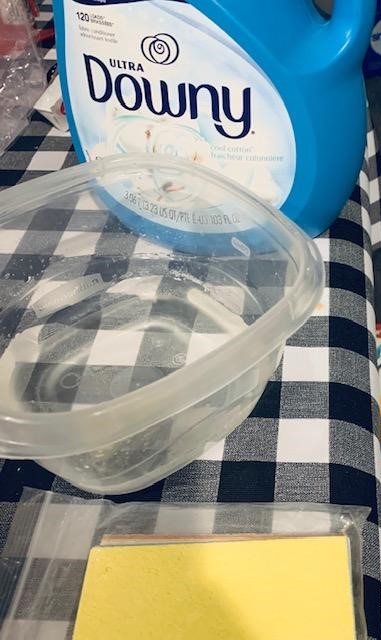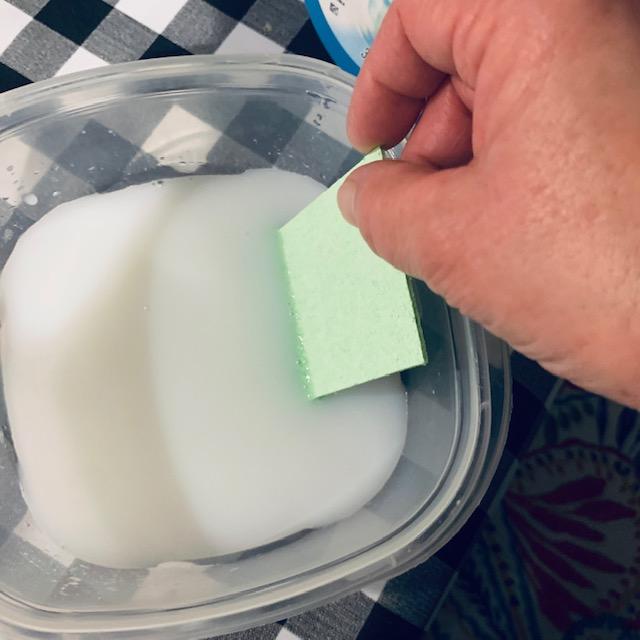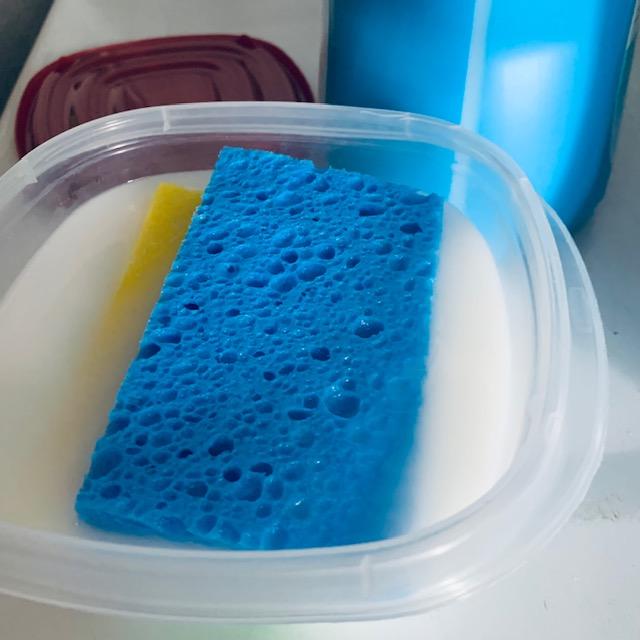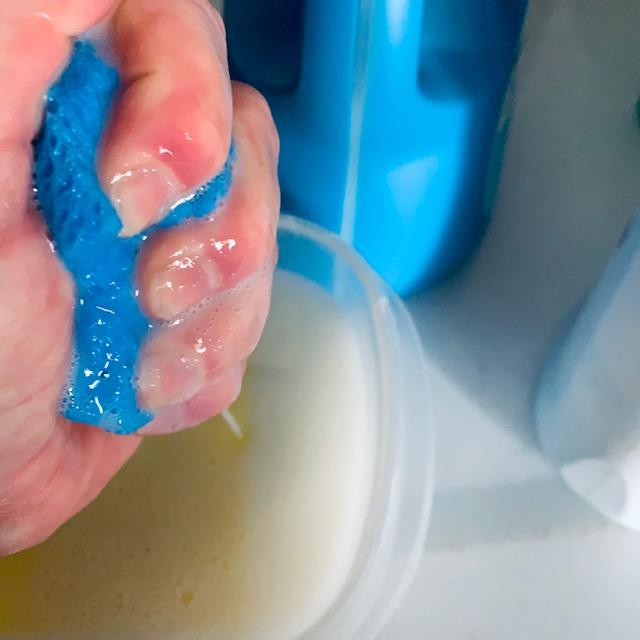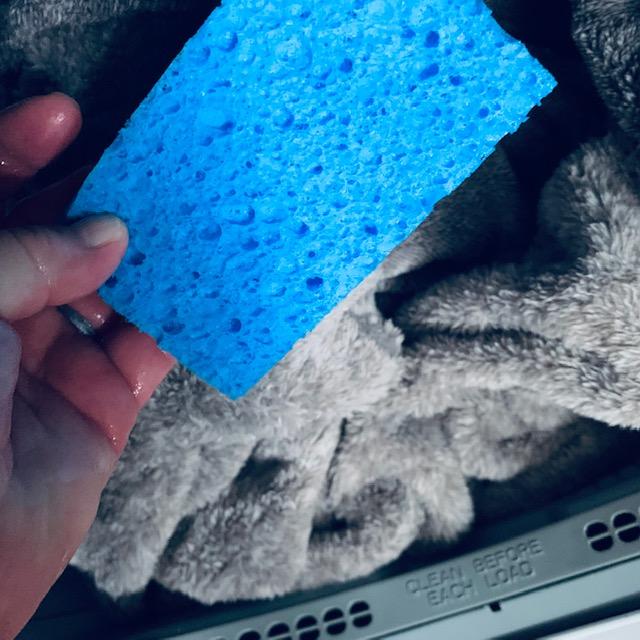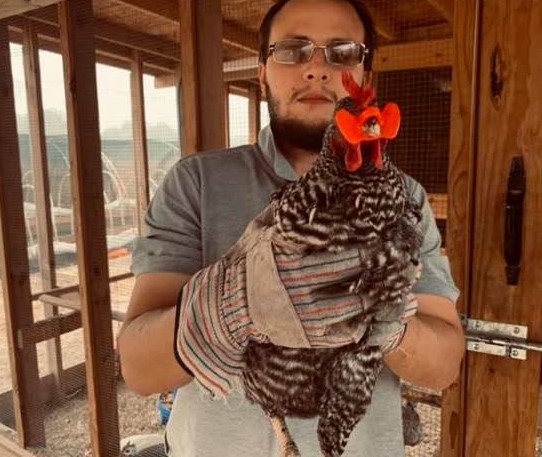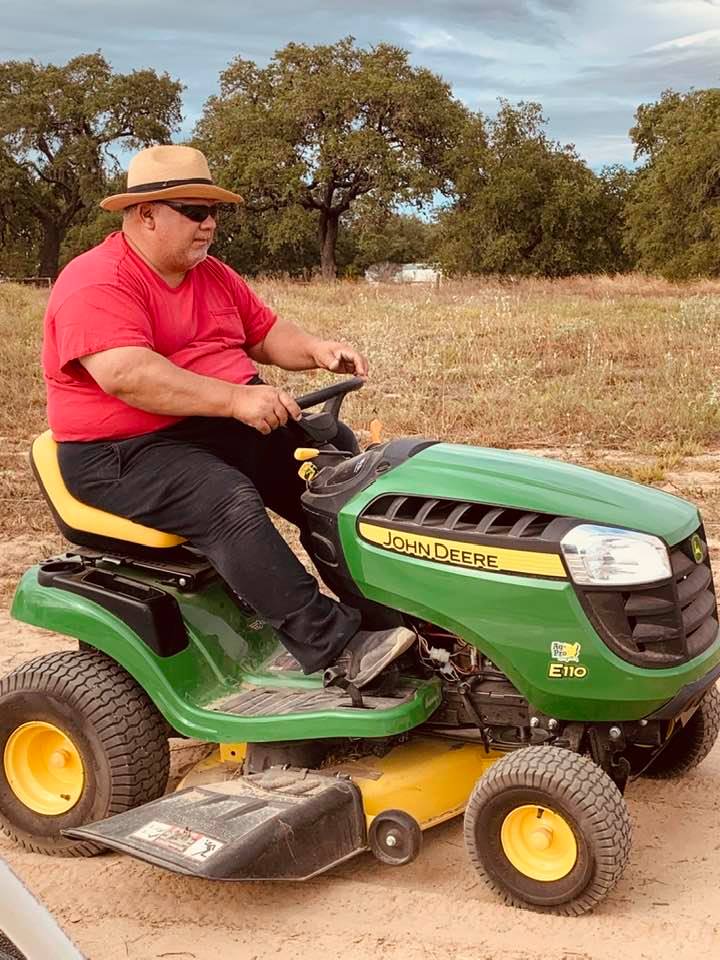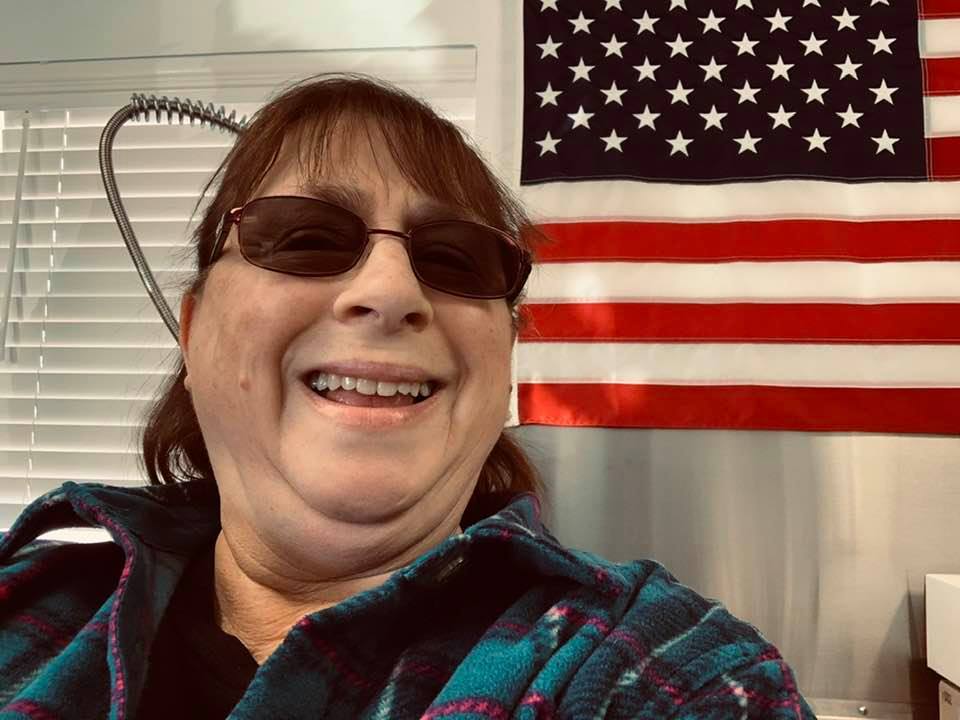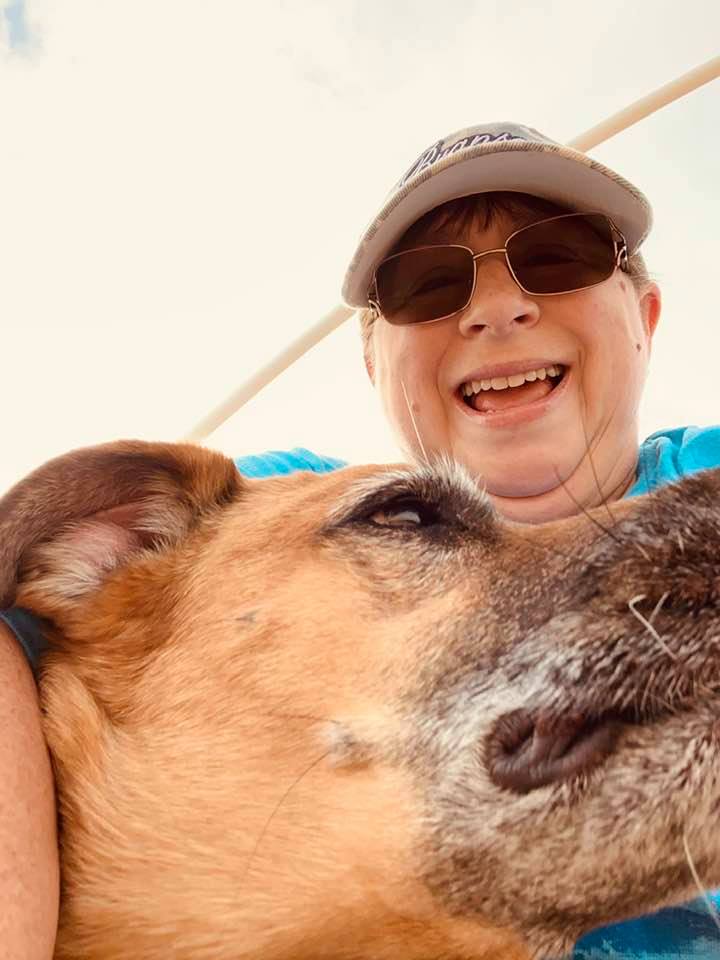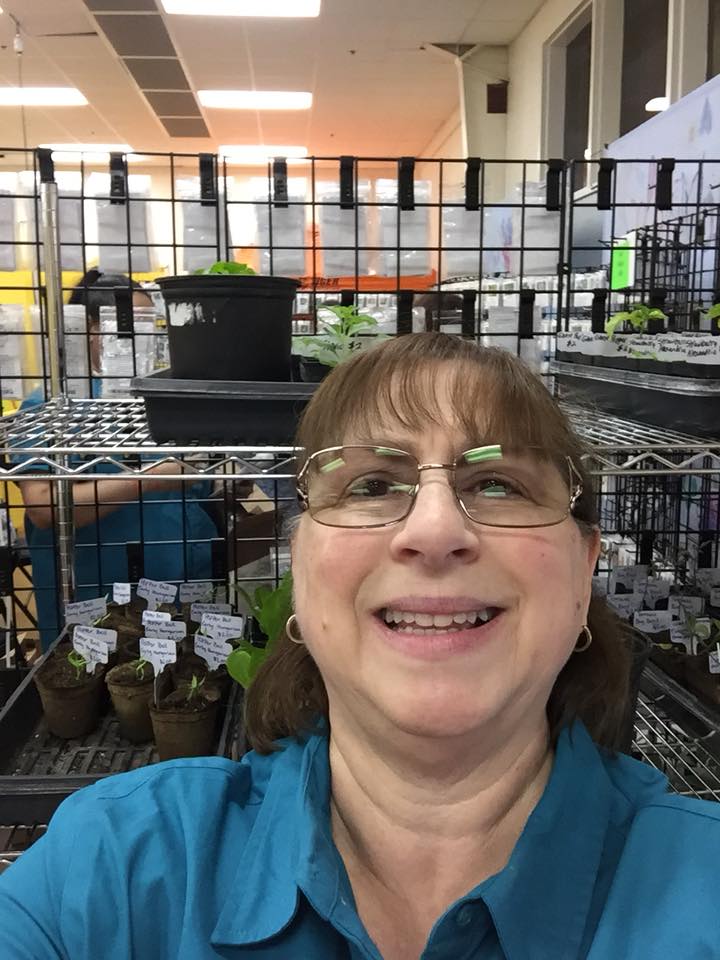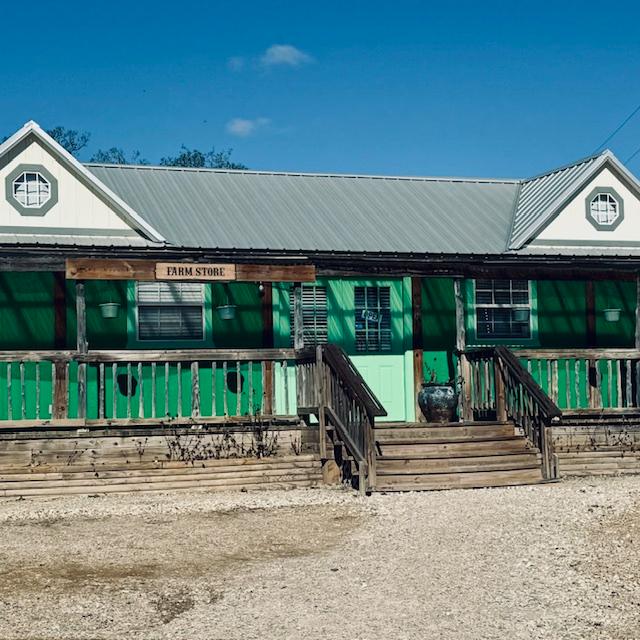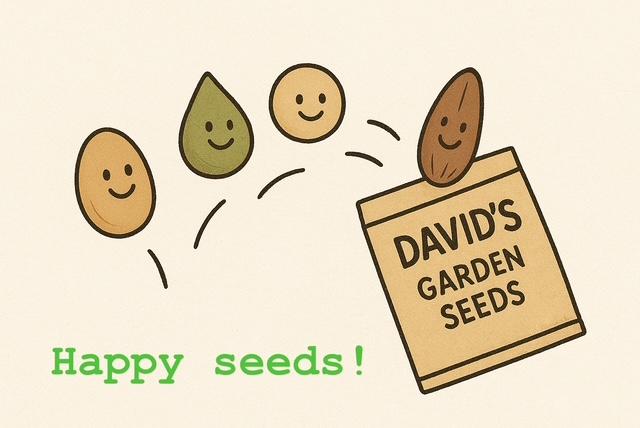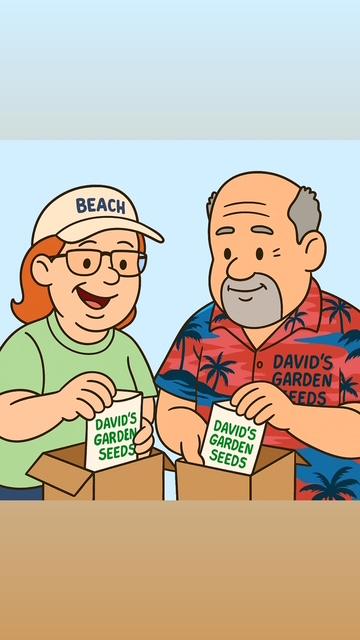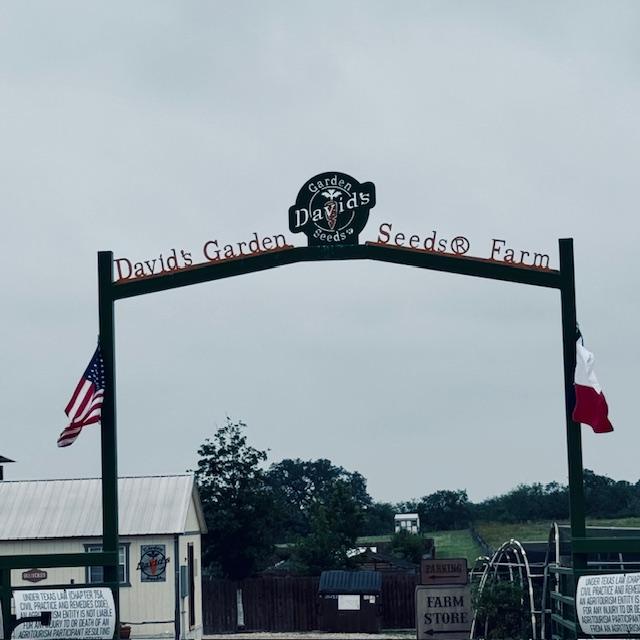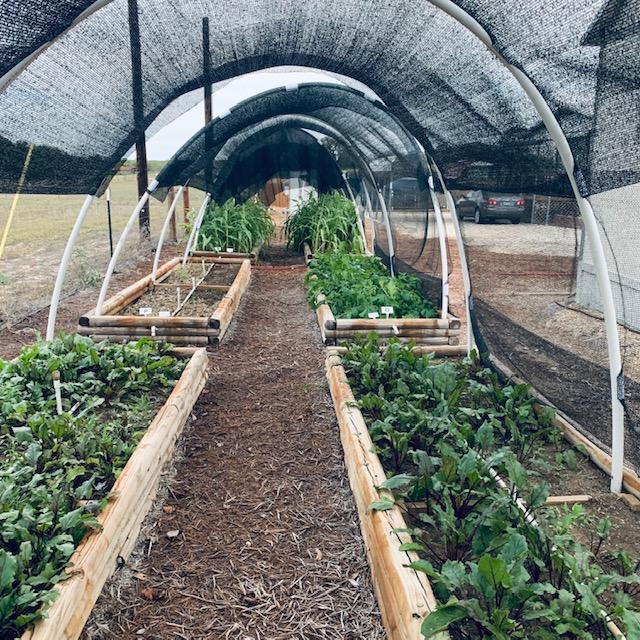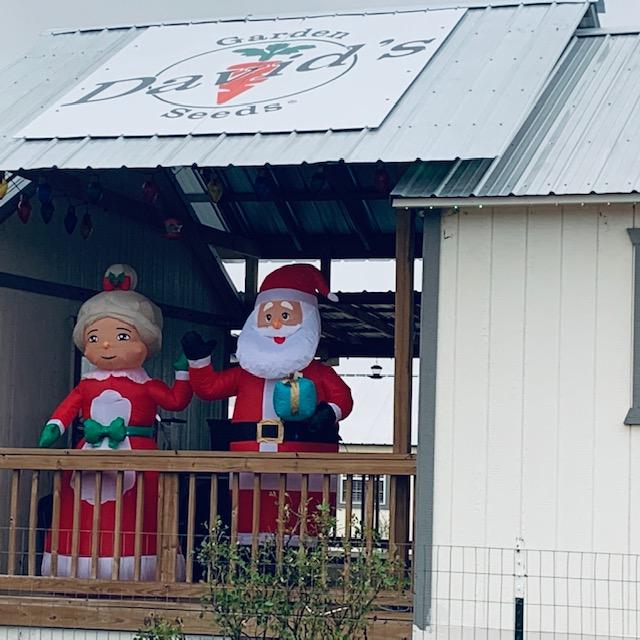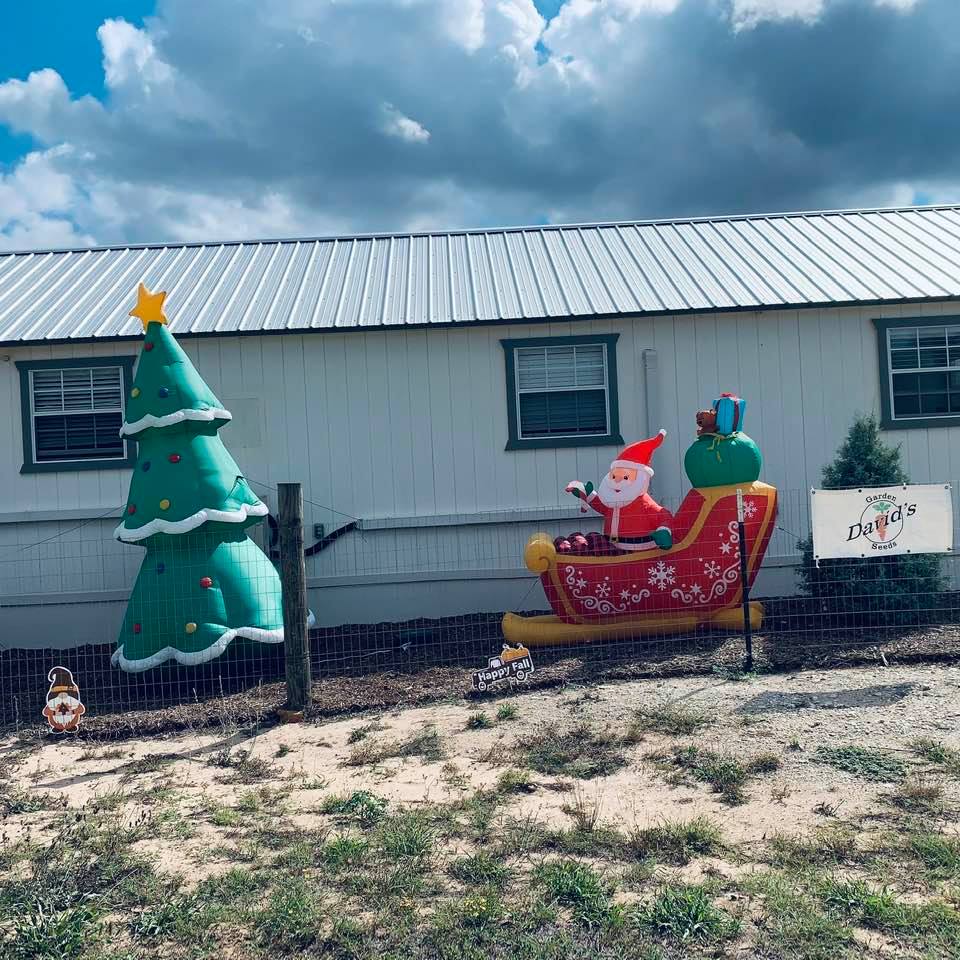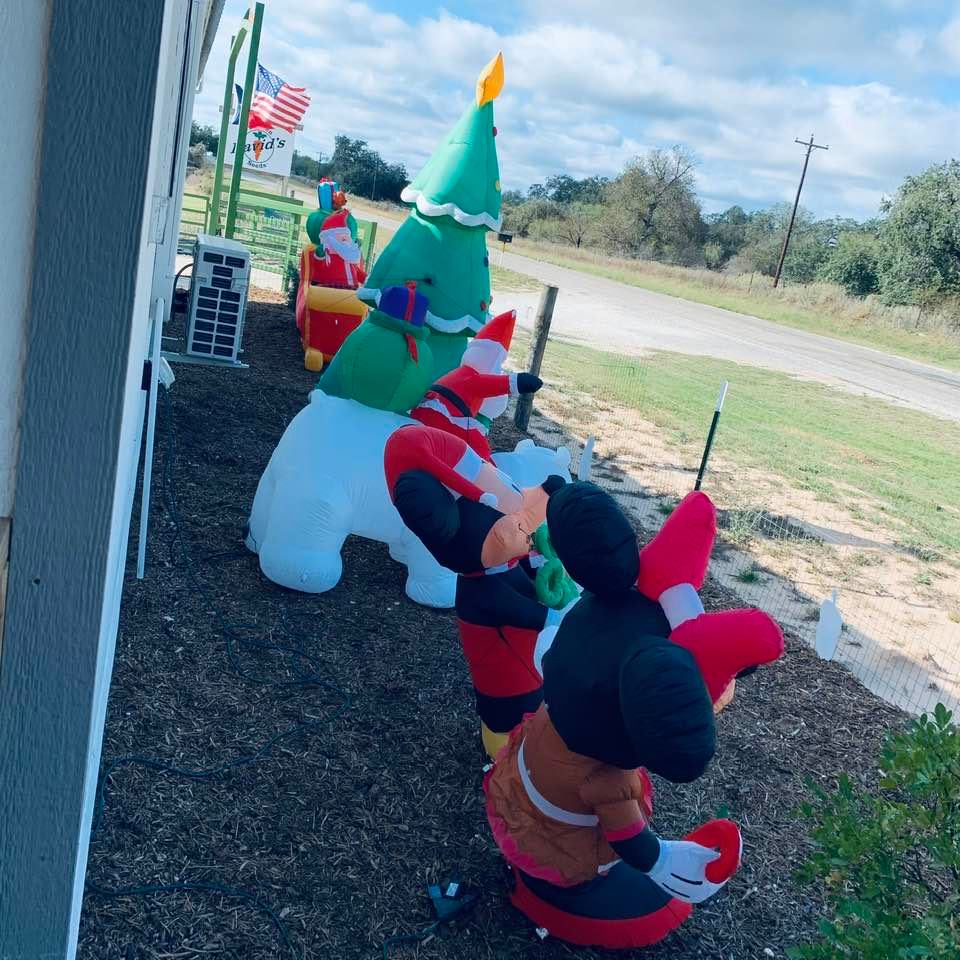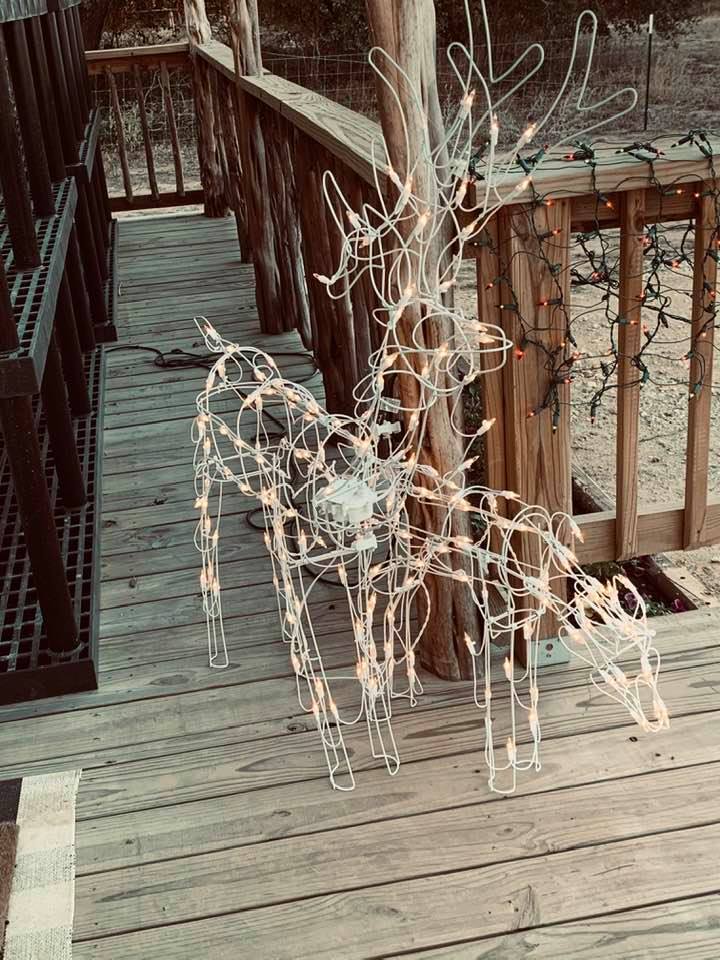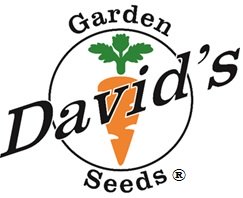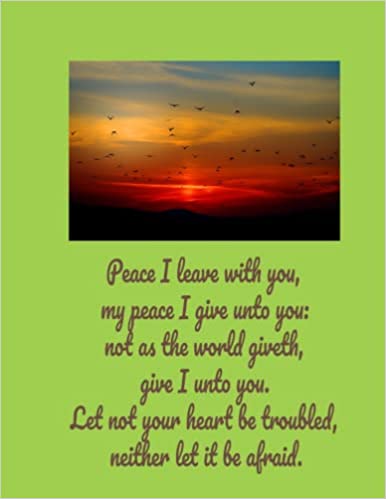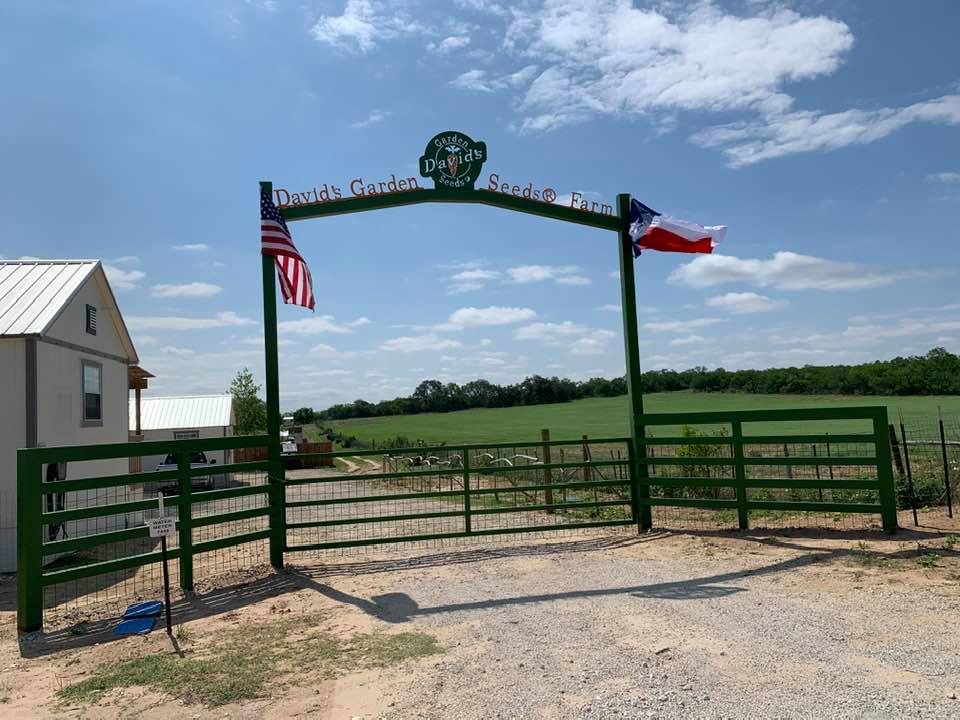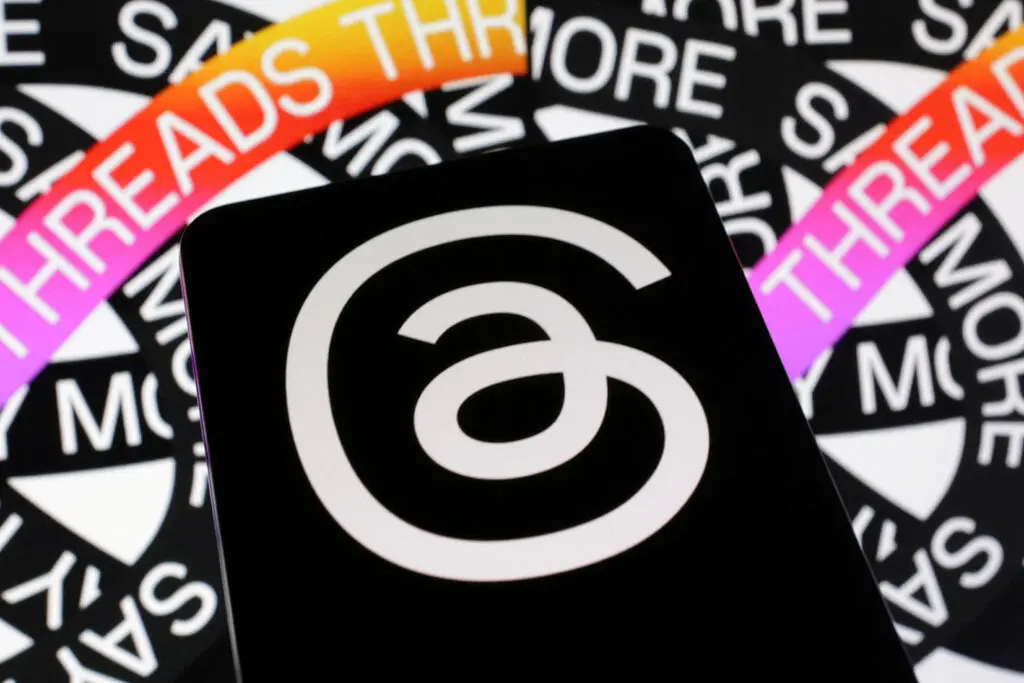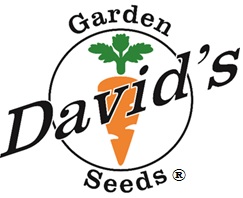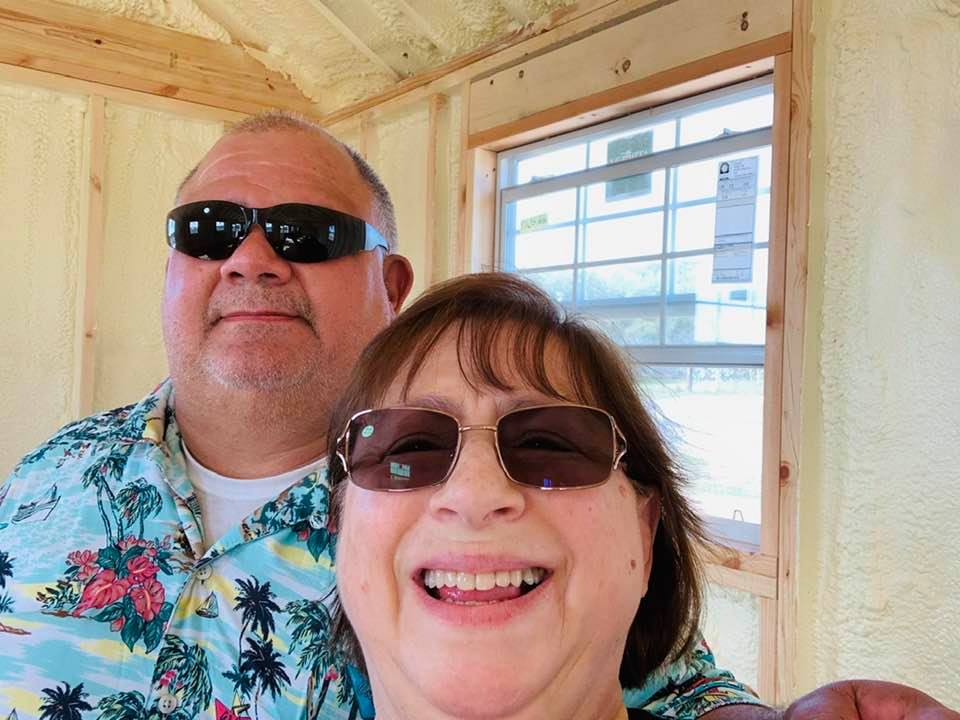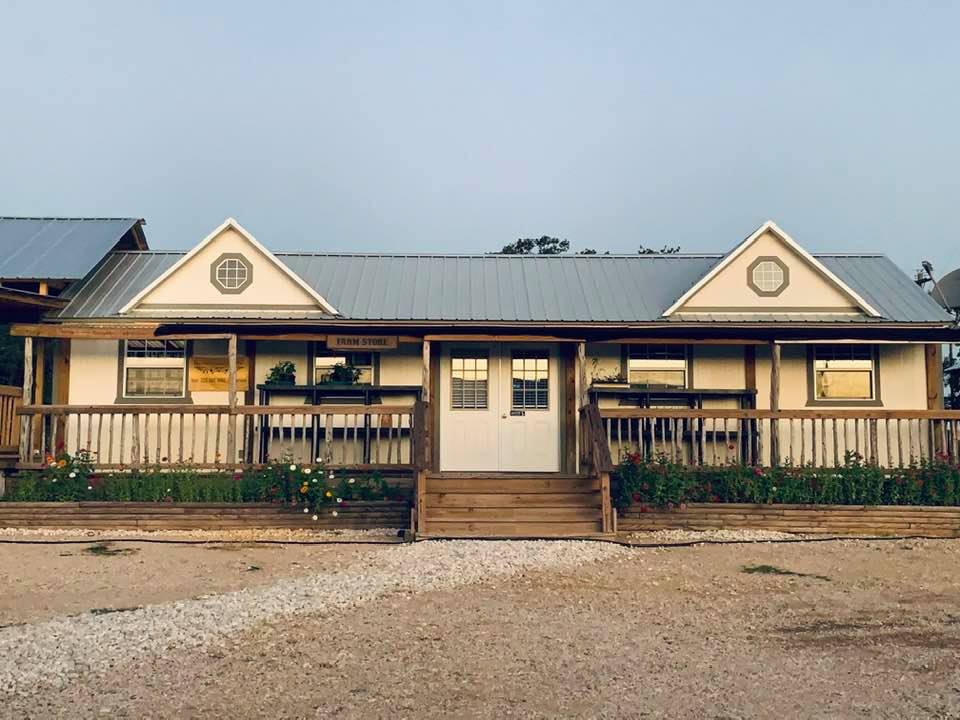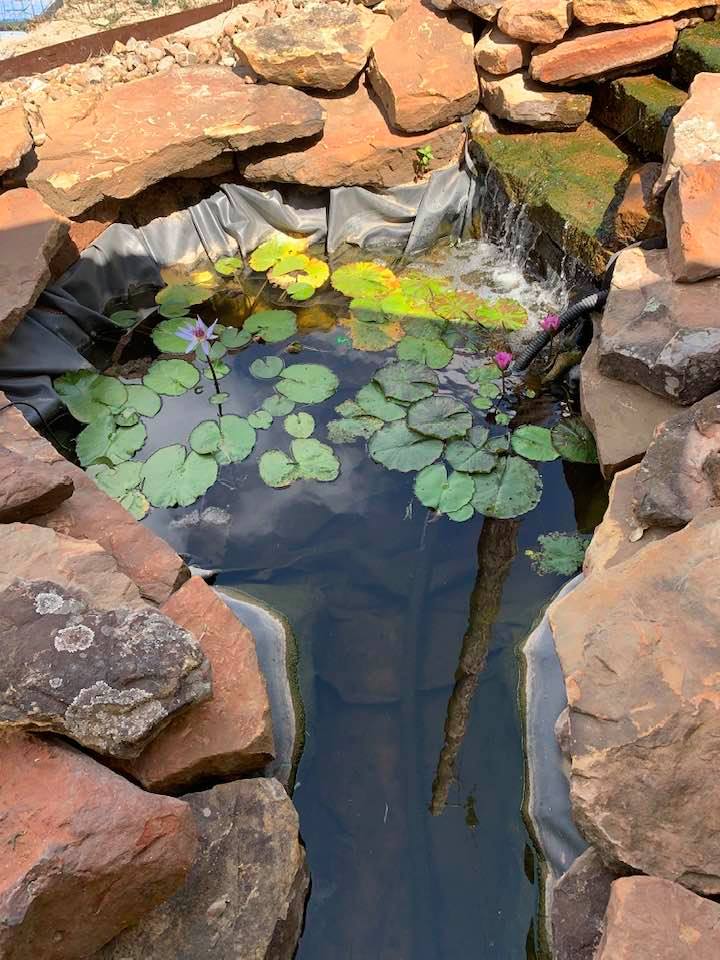DIY Laundry Soap
DIY laundry soap is a trend that new homesteaders want recipes for. We all want clean clothes that smell fresh without all of the harsh chemicals and coloring agents that are put in commercial laundry detergents and stain removers. You can actually make your own laundry soap. It is a lot more economical and lasts longer than what you buy at the store.
I have been doing a lot of research because I, too, want to make laundry soap without all of the harmful chemicals now that we have our own homestead.
I have found a selection of recipes which I will share below.
Most call for Washing Soda. Maybe you have never heard of it. If you can't find it, you can make your own from baking soda. See below.
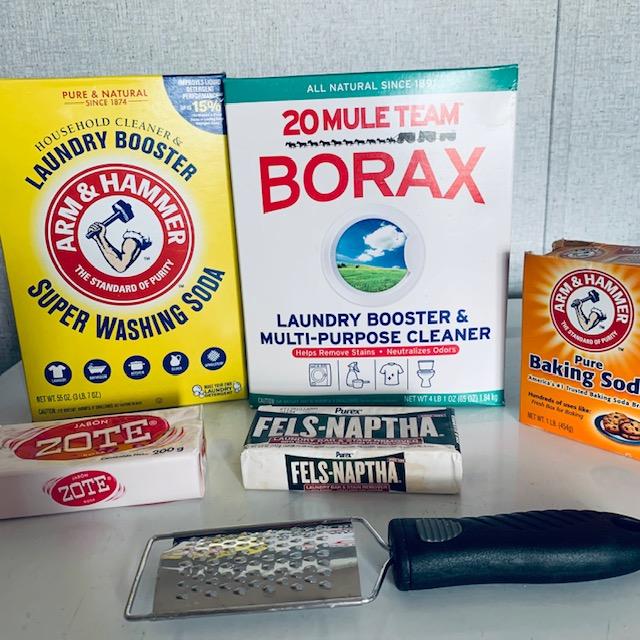 Some of the things you need to make DIY laundry soap are included in this photo. All of these things were picked up at Walmart.
Some of the things you need to make DIY laundry soap are included in this photo. All of these things were picked up at Walmart.Make Your Own Washing Soda From Baking Soda
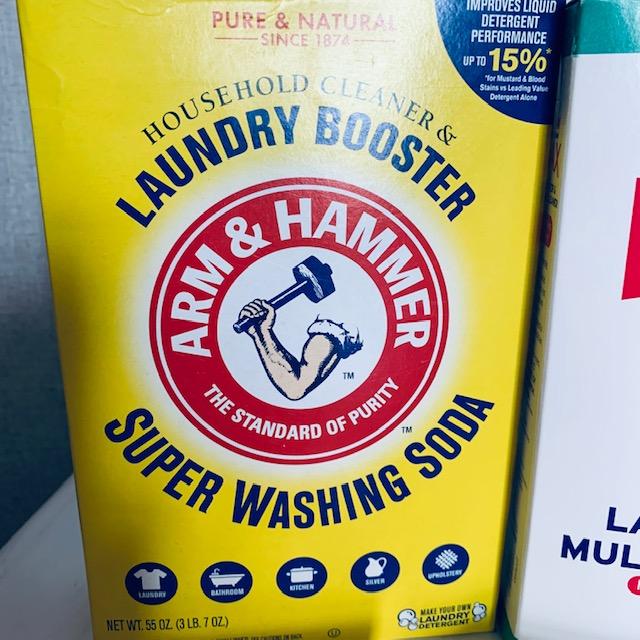 Here is what the Super Washing Soda looks like. It is a small box and it is heavy. I thought it would be a large box.
Here is what the Super Washing Soda looks like. It is a small box and it is heavy. I thought it would be a large box.So what is washing soda? Washing soda is also known as soda ash and it helps to get grease out and deep clean fibers. It also acts as a stain remover and as a water softener.
Washing soda is the compound Sodium Carbonate with the symbol Na2CO3. Remember chemistry class? It is made from limestone and salt. This is a very alkaline substance so keep it away from your skin and your eyes and do not inhale it or put it near your mouth. The pH is 11. A pH level measures how acidic something is.
Baking soda has a pH level of 8.1. Baking soda is Sodium Bicarbonate or NaCHO3. To turn your baking soda into washing soda, you will need to heat the baking soda until the water and carbon dioxide are gone. Here is how:
Preheat your oven to 400° Fahrenheit. Pour a box of baking soda out in an even layer on a cookie sheet with walls or in a large rectangular roasting pan.
Bake it for 30 minutes to one hour. Remove from the oven and cool. Washing soda tends to be flat and grainy. Baking soda is sort of glittery and clumps together. So if you cannot find washing soda, get some baking soda and make your own.
Baking soda can be used not only for DIY laundry soap but as dishwasher soap, for descaling and cleaning tea kettles, pots and pans (don't use on aluminum) and to clean the oven and the toilet. If you have burned some food in the bottom of a pan, add some water and washing soda inside and boil for a while. Then scrub the burnt food out.
Soap VS Detergent
Soaps are made with natural things that are biodegradable like oils, fats, and lye. Detergent is made with synthetic chemicals that smell good, make laundry bright and surfactants or surface active agents. Soaps are less harmful to the environment and make more sense to use. Soaps rinse out better than detergents. But the minerals in water can react to soap and turn your laundry gray. This is why so many turn to detergent with its added chemicals that make your laundry look so much better than soap can.
Castile soap is the better way to go. It is thick and feels very nice on your skin. You can use it in DIY laundry soaps as well as to make your own hand soap.
DIY Laundry Soap #1
You will need:
- One 4 to 5 ounce bar of laundry soap or Ivory soap, grated
- 14 oz Borax
- 14 oz Washing Soda
Stir together until well mixed. Or you can put it all in a blender to create a laundry powder. Once you turn the blender off, do not remove lid until the powder has a chance to settle down. That way, you won't be inhaling the soapy particles.
In a large bowl, grate the laundry bar with a cheese grater or a fruit peel zester. Make sure the pieces are small and fine, not large. Add the Borax and the Washing Soda. Stir together until well mixed.
This makes just 32 ounces or enough for 32 to 64 loads of laundry, depending on the size of the load. For a small load, use two tablespoons of this DIY Laundry Soap. For larger loads, or if the clothes have a lot of dirt, use three tablespoons.
Store your DIY laundry soap in a sealed container. Keep either a scoop from some old laundry soap or a dedicated tablespoon inside the container to make it easier to measure out the soap on laundry day.
Walmart usually has all of these ingredients. If not, Amazon has them.
The recipe is supposed to be perfectly safe to use if you have a septic tank like we do. There are no phosphates and no fillers in this DIY laundry soap recipe. A septic tank should have a good buildup of bacteria that eats away at the solid wastes so you don't have to have it pumped frequently. Some say that bleach destroys it. Others say that commercial detergents clog the lines to the septic tank. We have a septic system out here on our farm, so it is important to me that we take good care of it. I do use bleach, but only on our whites which get washed about once a week.
DIY Laundry Soap #2
For this detergent, you will need:
- 1 box Borax
1 box of Super Washing soda
1 Four pound box of baking soda
2 bars of Zote soap
3 bars of Fels-Naptha soap
In a large bowl, mix together the Borax, Washing Soda and baking soda. Finely grate or zest the five bars of laundry soap into the powder and mix well. You want the bars of soap to be as tiny as possible to mix in well with the powders so that they dissolve well in the washing machine.
Store this in a sealed container with a scoop or a dedicated tablespoon. Use one tablespoon for a smaller load and two tablespoons for a very dirty load or for a larger load.
DIY Laundry Soap #3 - No Borax Edition
You will need:
- 6 cups Washing Soda
- 3 bars of bars of 4.5 – 5 ounce soap, finely grated or soap flakes
- 100-150 drops lemon essential oil (optional)
Grate the soap using the fine part of a cheese grater.
In a large bowl combine the grated soap with the washing soda and essential oil. Mix well. An easier way would be to add the grated soap, washing soda and essential oil into a food processor and blend well until you have a very fine powder. Don't take the lid off right away. Let the powder settle so it does not get all over your kitchen.
Store in an airtight container. Use three tablespoons per load if you have a normal washer. If you have an HE washer, use about 1 and 1/2 tablespoons of DIY laundry soap. This makes enough for 38 normal loads and more for HE washers.
The lemon essential oil degreases and helps take out stains.
DIY Laundry Soap #4
I made this one just this week and it works well. Actually, I was making the #2 soap and my huge bowl wasn't big enough so I decided to try it like this. Turns out that I have done five loads and they all look good.
You will need:
-
1 box Borax
1 box of Super Washing soda
1 pound box of baking soda
1 bars of Zote soap
1 bar of Fels-Naptha soap
 Grating the bars of soap takes a long time. A friend told me she buys them already grated at the store. I will have to look.
Grating the bars of soap takes a long time. A friend told me she buys them already grated at the store. I will have to look.Combine the Borax, Super Washing Soda, and baking soda in a large container. Grate the Zote and the Fels-Naptha into the bowl of powders. Stir well. Put in an airtight container. Use 1/2 cup per large load. It cleans very well.
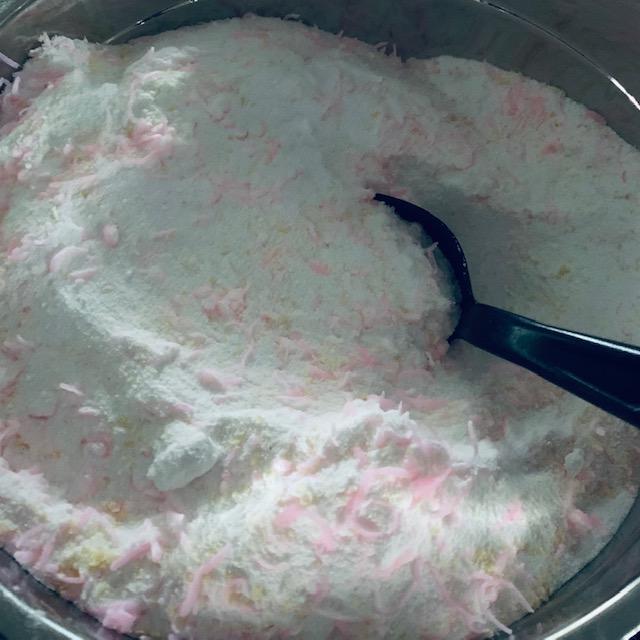 I am mixing the grated yellow and pink bars into the bowl of powders. I think I need a bigger bowl for mixing my DIY laundry soap.
I am mixing the grated yellow and pink bars into the bowl of powders. I think I need a bigger bowl for mixing my DIY laundry soap.Stain Remover
To make your own stain remover, you will need:
- 1/2 cup hydrogen peroxide (3%)
4 tbsp castile soap
40 drops lemon essential oil
Pour all ingredients in a dark glass spray bottle and shake well to combine. Hydrogen peroxide is sensitive to light so a dark bottle is essential for maintaining potency. Store in a cool area out of direct sunlight. A cabinet in your laundry room would be perfect.
Before using, check to make sure of the colorfastness of the item you want to use the stain remover on. Just spray a small amount on an inner seam to be sure it does not fade the color.
To use, shake your dark bottle and spray directly on the stains. Using a laundry brush which you can find on Amazon, or an old toothbrush, brush the stain remover into the fabric. Let it sit for five or ten minutes and if it is still there, add more and just let it sit until you do laundry. Add it to the washer. Check before you put the clothing in the dryer. If it is still there, add more and brush in again. Drying the stain just makes it set in.
The stain remover loses effectiveness quickly so do not make big batches of it.
Whitener
For a natural whitener instead of bleach, try using powdered hydrogen peroxide in your laundry. It is also called Pure Sodium Percarbonate and is safe for colors as well as whites. Just add two tablespoons to your wash cycle.
Let it dissolve in warm water before adding your laundry to the washer. If you have to, dissolve it in a cup or mason jar in warm water by stirring and then add that to your machine. Add the laundry then.
If you need to soak your stained laundry, let it soak for an hour, but not more than that. Do not soak it for hours as it may fade some of the colored laundry.
Fabric Softeners
Natural Fabric Softener
For a natural fabric softener instead of one loaded with chemicals, try adding 1/2 cup of white vinegar to each load in the rinse cycle. This helps with bringing the pH level back so the laundry is not irritating to our skin. Vinegar dissolves excess washing soda and detergent off of the laundry.
Wool Dryer Balls Instead Of Fabric Sheets
Instead of using fabric sheets with chemicals to get the static out of laundry in the dryer, add three wool dryer balls to your load. These can be used over and over again, making them sustainable and very economical.
I have used dryer balls for years.
DIY Fabric Sheets
We can't have a page about DIY laundry soap without including some DIY fabric sheets. Dryer balls as listed above are excellent and I use them but sometimes you want that extra good smell as well as extra softness so here is a recipe for sponges to be tossed into the dryer with your laundry.
You will need:
- Downey or the fabric softener of your choice
- Water
- Cellulose sponges
- A container with a lid
Depending on the size of your container, take equal measures of fabric softener and water and add to the container. I used two cups of Downey and two cups of water and mixed them. Then I took brand new and very thin cellulose sponges that expand when wet. I added three of them to the mix and put the lid on it.
To use them, put the laundry in your dryer. Squeeze a sponge to remove the excess water and fabric softener mixture and toss in the dryer. When dry, put the sponge back in the container of liquid so it is ready for next time.
Return from DIY Laundry Soap to Homesteading For Beginners
Anything To Share On This Topic?
Would you like to share additional information about this topic with all of us?
Since 2009, over 2,000,000 home gardeners, all across the USA, have relied on David's Garden Seeds® to grow beautiful, productive gardens. Trust is at the heart of it. Our customers know David's Garden Seeds® stocks only the highest quality seeds available. Our mission is to become your lifetime supplier of quality seeds. It isn't just to serve you once; we want to earn your trust as the primary supplier of all of your garden seeds.
Watch Our 2022 TV Commercial!
Sing Along To Our Jingle
♪♫♪♪ ♫ ♪ ♫♪♫♫
♪♫♪♪♫♫
Peppers and peas
And lots of yummy greens
You can't go wrong
With Squash This Long
At David's Garden Seeds
♪ ♫ ♪ ♫
Our New 2024 TV Ad
Please like and subscribe on YouTube and come visit us at our Farm Store! The music on our TV ad was written, played, and sung by our son, Matthew Schulze. You can meet him when you come to the farm. He just might give you a tour. Ask him to grab a guitar and sing our jingle that he wrote.

We are David's Garden Seeds®. If you need great seeds, we've got over 1,200 varieties to choose from.
Your second block of text...
Subscribe To Mrs. David's Garden Seeds® Newsletter For FREE!
Find out what is going on down on the farm by reading our blog and by subscribing to our free newsletter for all of the information going down at David's Garden Seeds® and on the farm. I love to share helpful information with you. Please let your friends know and y'all come on down for a visit when you get the chance. We would love to meet you!
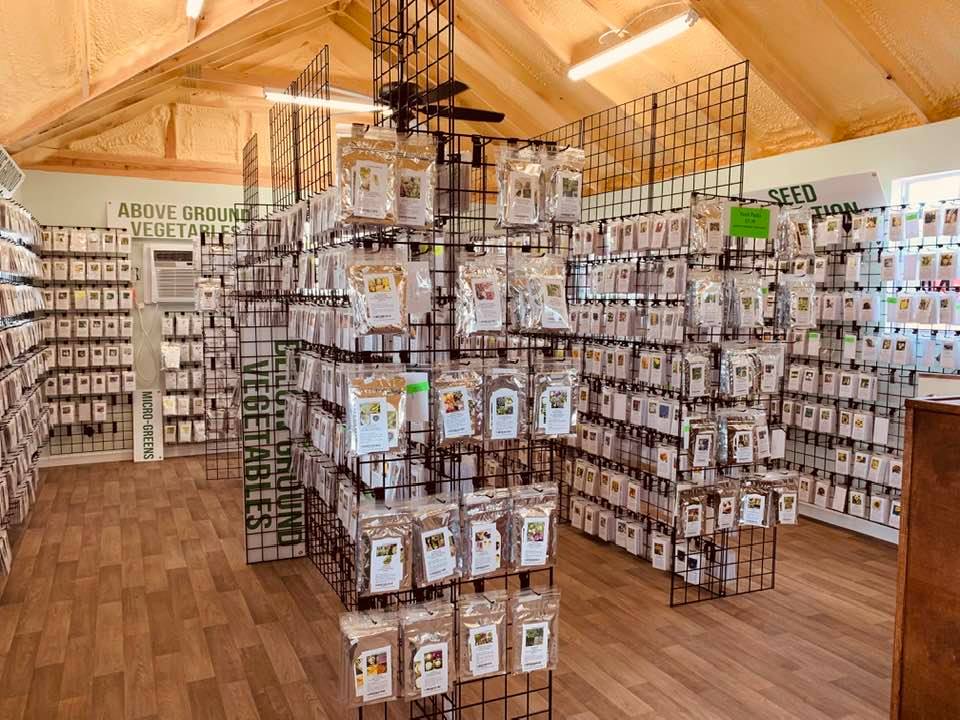
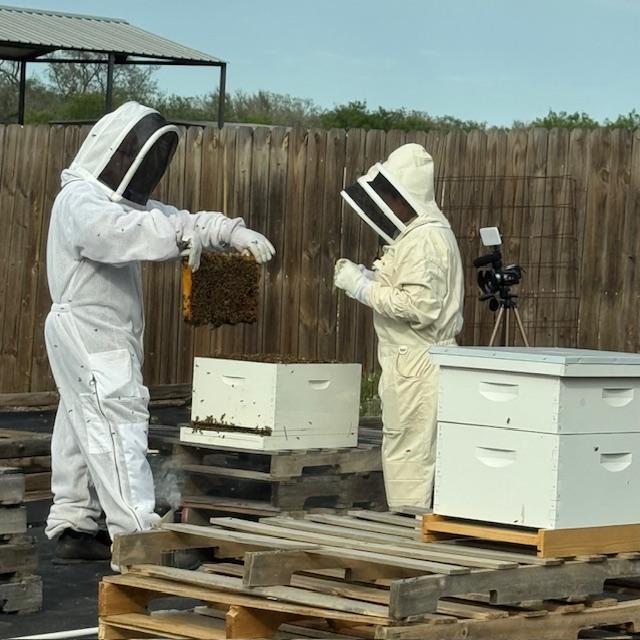 Our bee hives
Our bee hives Our fish pond
Our fish pond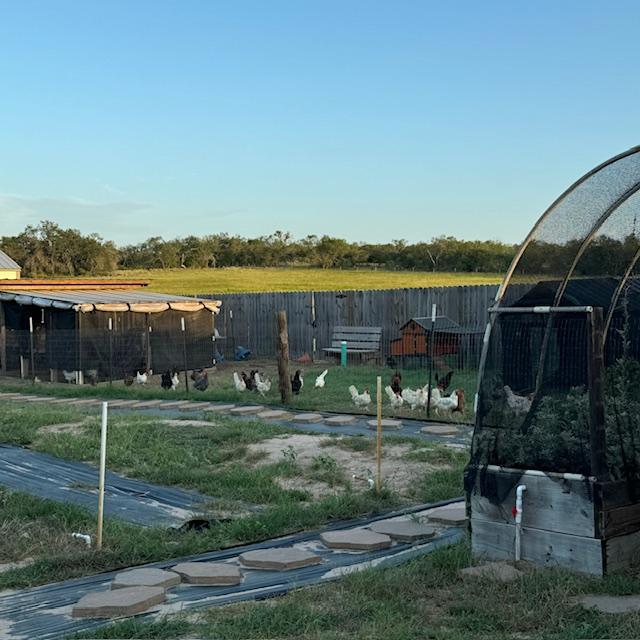 Our chickens
Our chickens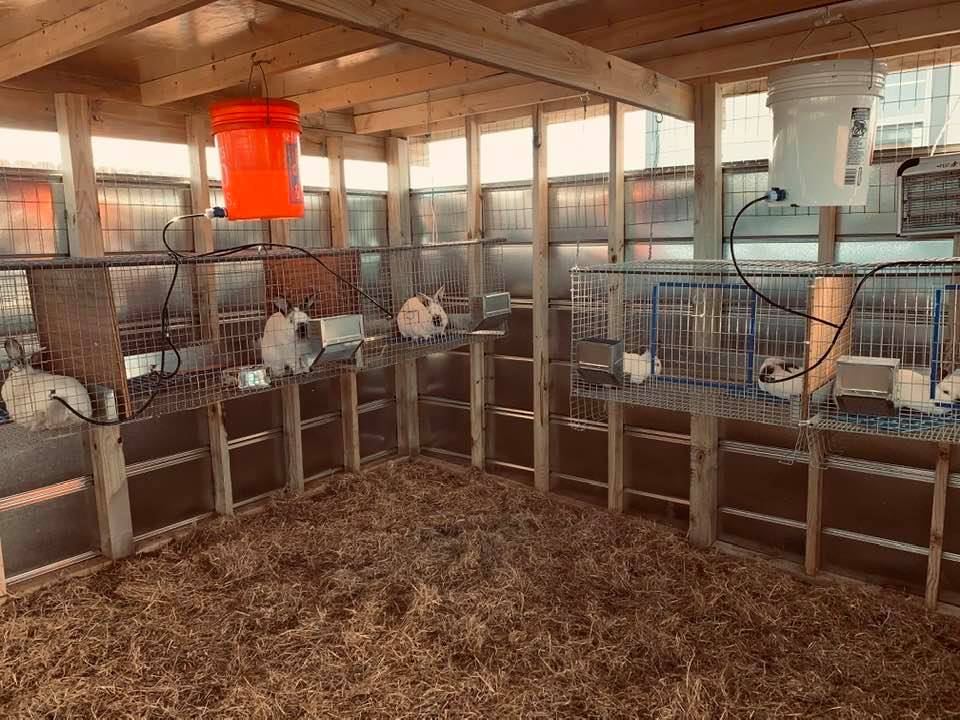 Our bunny rabbits
Our bunny rabbits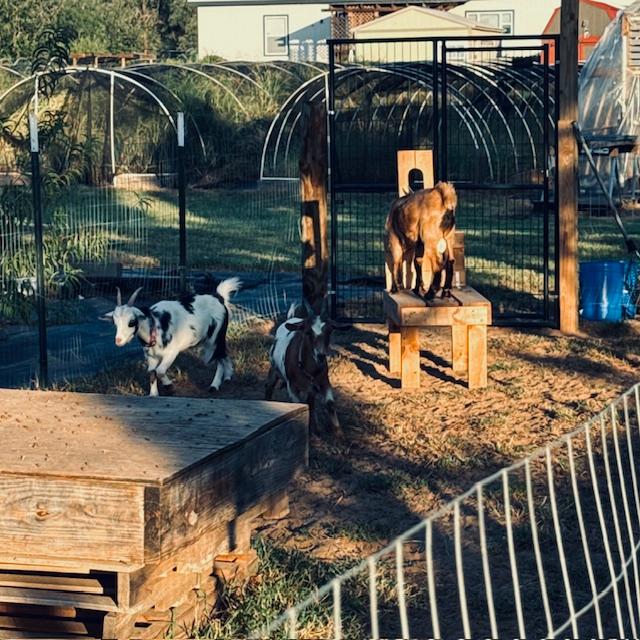 Our Nigerian Dwarf goats
Our Nigerian Dwarf goats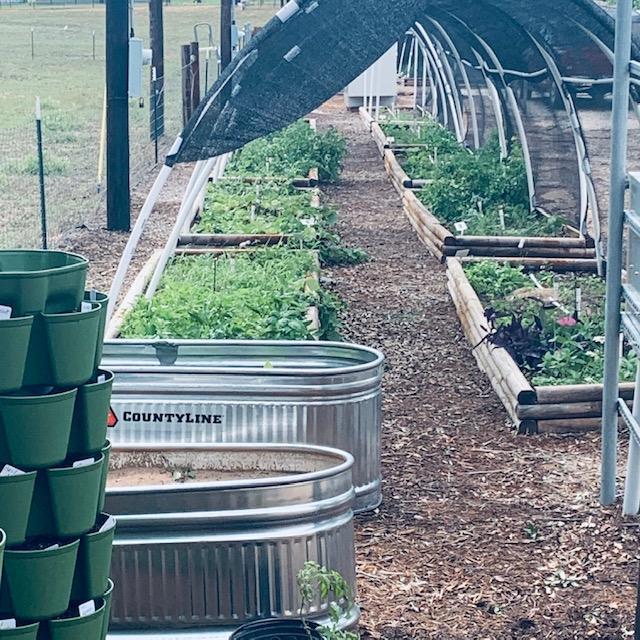 A few of our raised garden beds
A few of our raised garden beds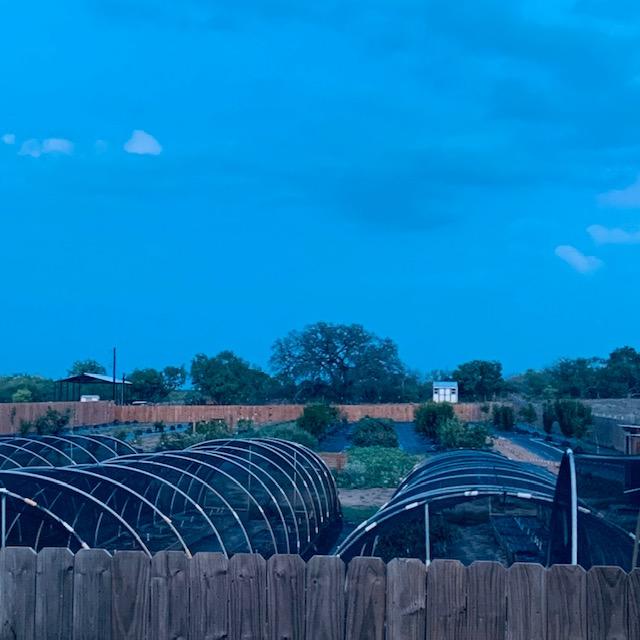 Our orchard and hoop houses
Our orchard and hoop houses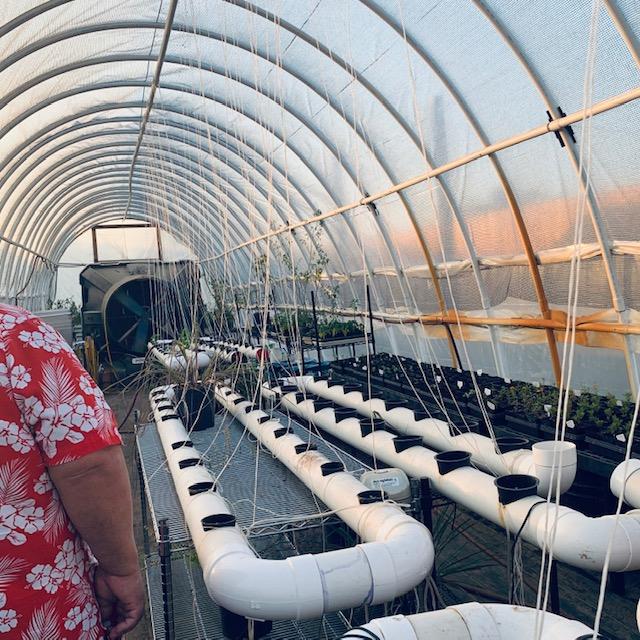 Inside our high tunnel
Inside our high tunnel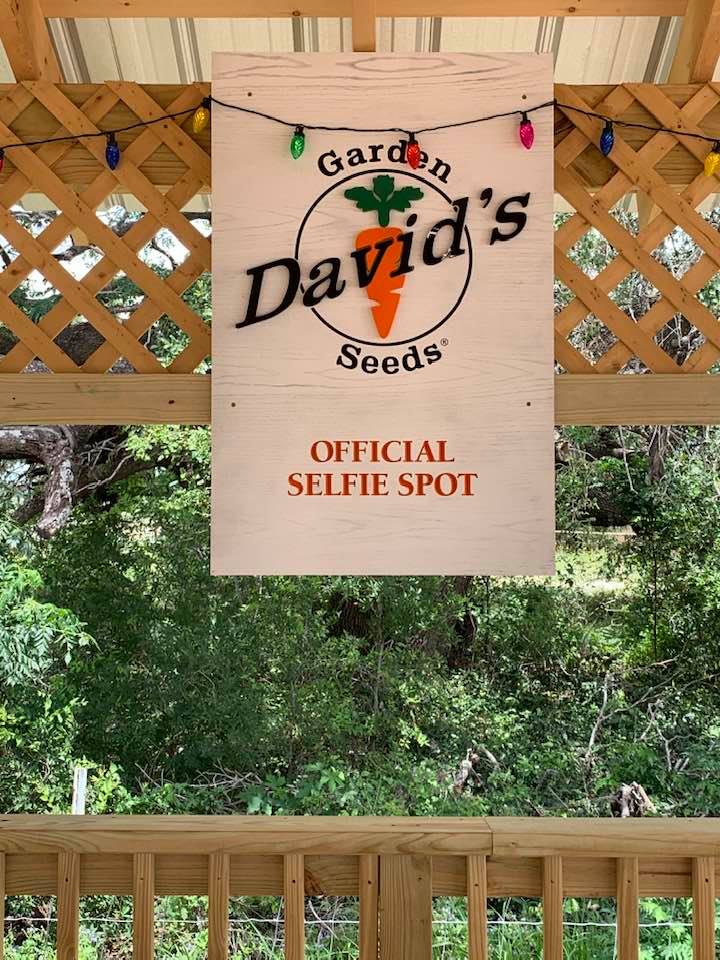 Take a selfie at our official selfie spot!
Take a selfie at our official selfie spot!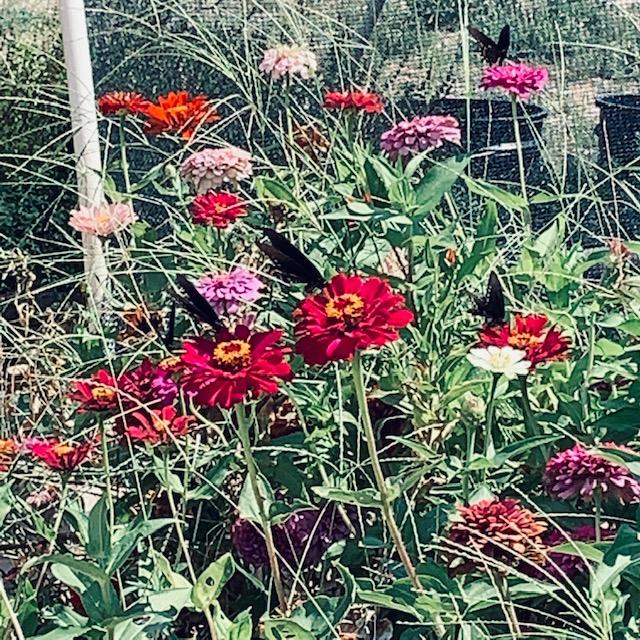 Flowers, bees, and butterflies are everywhere!
Flowers, bees, and butterflies are everywhere!
